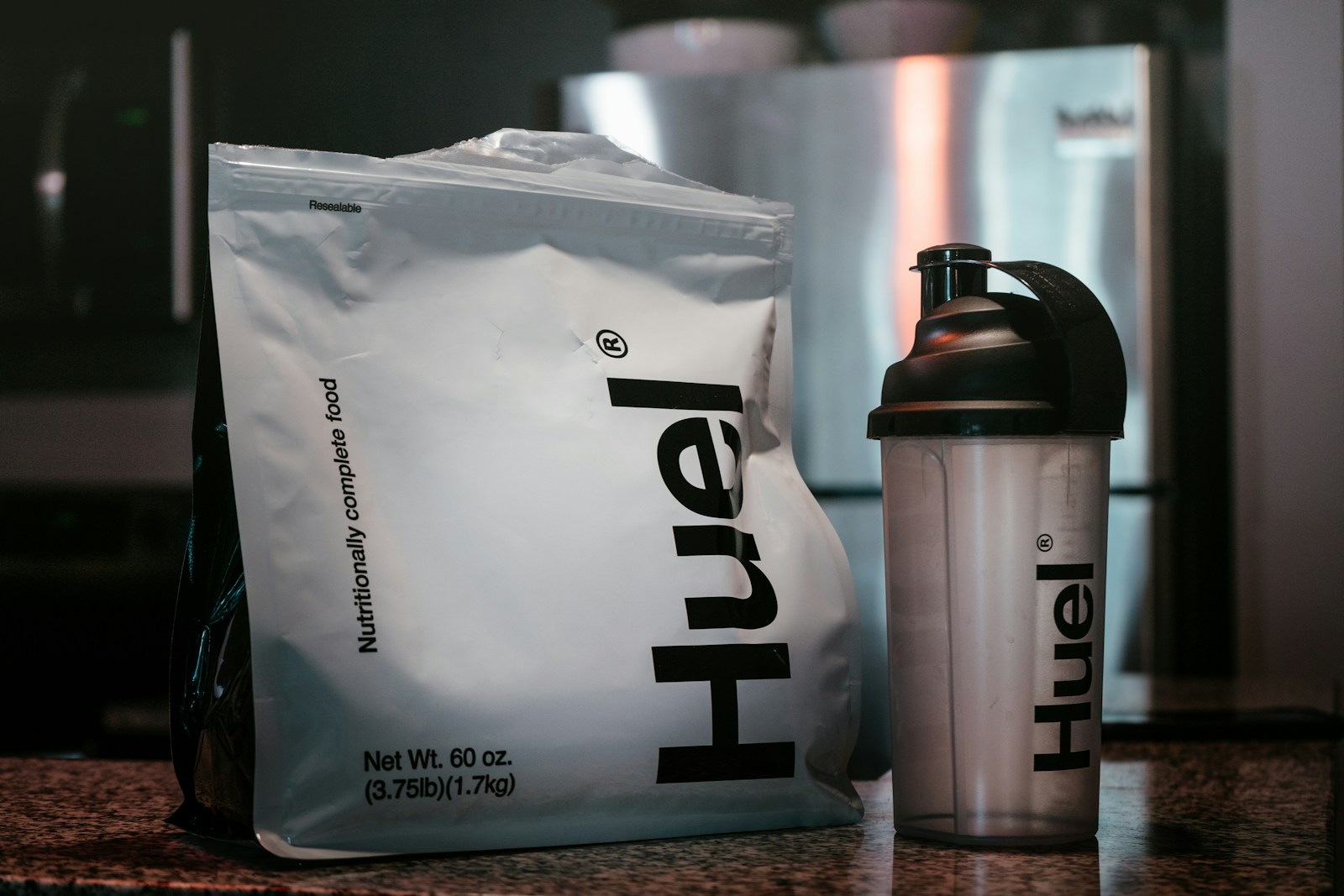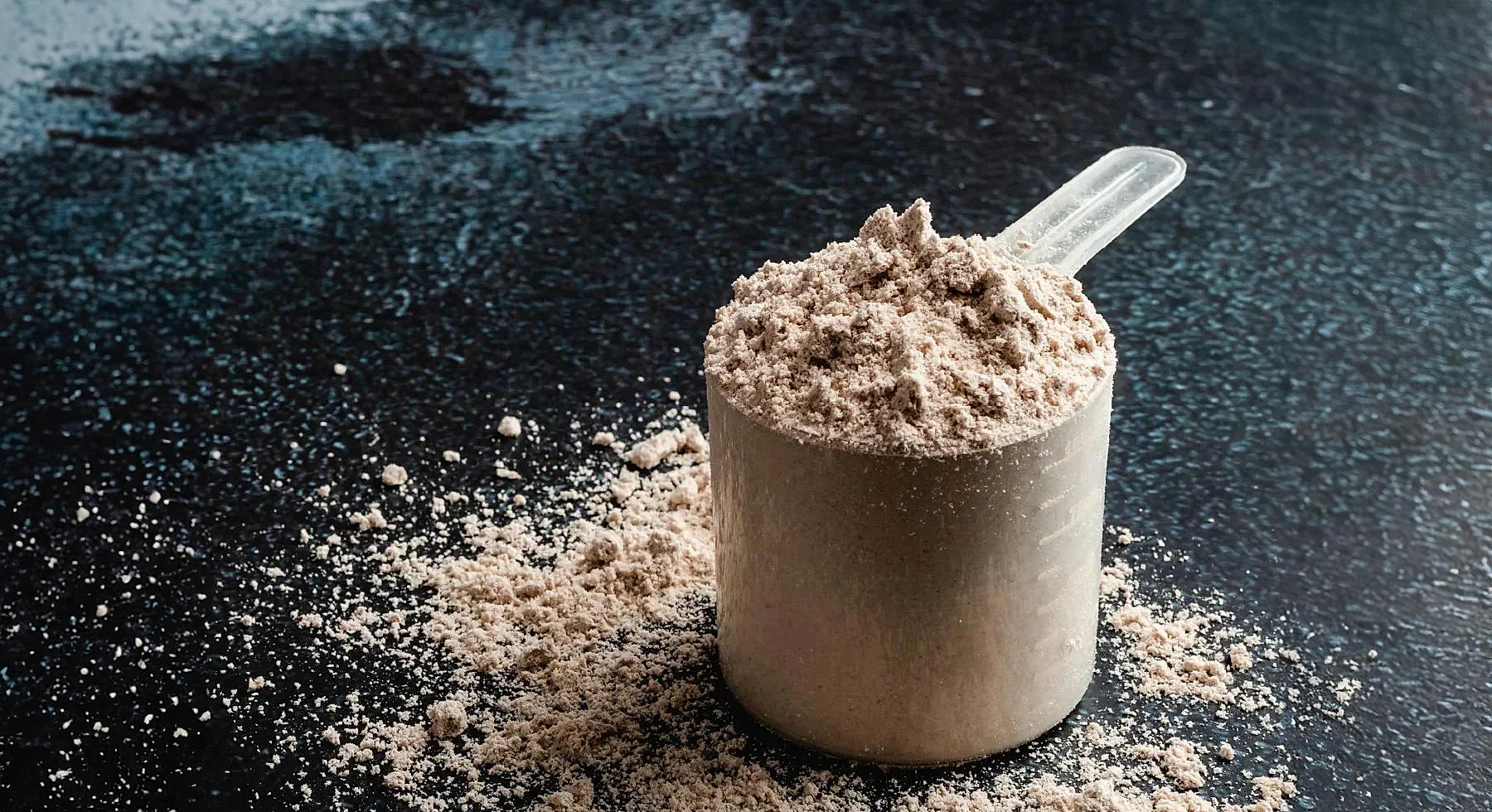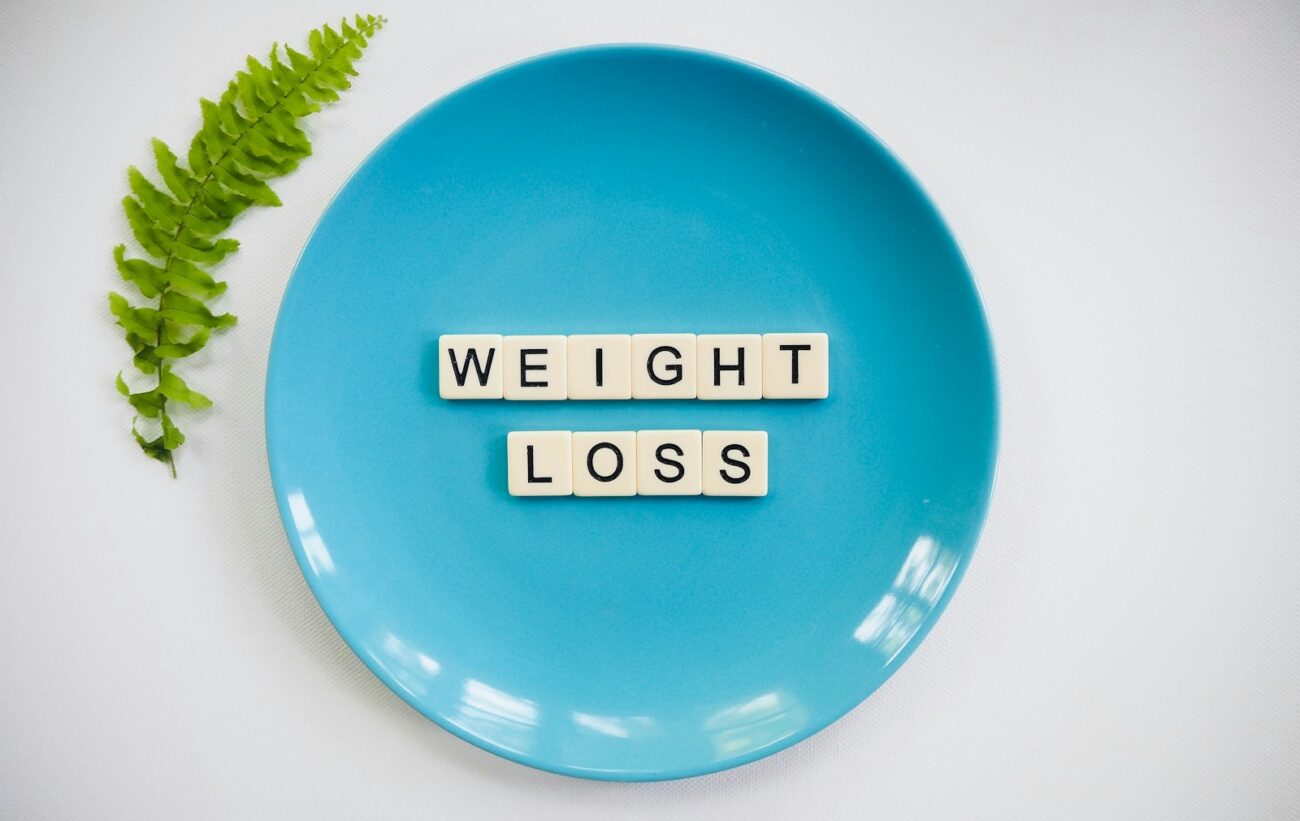This guide was analyzed by Serge, MSc. As a biologist, martial artist, and natural lifter with 10+ years of training, I share workouts, tips, and recommendations that are backed by research and proven to work.

The world of weight loss has been buzzing about medications like Ozempic, Wegovy, and Mounjaro—injectable drugs originally designed for type 2 diabetes but now widely used to help people lose weight. For many, they seem like a miracle solution, offering rapid fat loss without strict dieting or exercise.
But on June 26, 2025, a major red flag was raised.
UK health authorities announced the launch of a formal study into potentially life-threatening side effects, including acute pancreatitis. This isn’t just headline hype—there’s now a coordinated investigation by the MHRA (Medicines and Healthcare products Regulatory Agency) and Genomics England to explore what might really be going on beneath the surface of these so-called “miracle” drugs.
A-What Sparked the Study?
So far, hundreds of people have reported severe complications after using GLP-1 receptor agonists (the drug class Ozempic and Wegovy fall under). The most alarming: inflammation of the pancreas, a painful and potentially fatal condition.
Out of those cases, 10 patients have died, according to data collected via the MHRA’s Yellow Card safety reporting system. While it’s not yet confirmed that the drugs caused the deaths, the spike in incidents is impossible to ignore.
To get to the root cause, researchers are now asking patients who’ve experienced pancreatitis while on these medications to participate in a genetic study—providing saliva samples and additional health data. The aim is to determine whether some people may be genetically predisposed to adverse reactions.
This could reshape how these drugs are prescribed—or at the very least, who should (and shouldn’t) be taking them.
B-The Genetics Behind Drug Reactions.
One of the most groundbreaking aspects of this study is the role of genomic testing. Dr. Alison Cave, MHRA’s chief safety officer, said that nearly one-third of all side effects could be prevented with proper genetic screening. That’s a massive opportunity to improve how we approach medical treatments.
But the key word here is “prevent.” What concerns me most is that this is all happening after these drugs have already flooded the market—often through unofficial or unregulated sources.
And that leads to a bigger conversation: Why are so many people risking their health for quick weight loss fixes?
C- What the Drug Ads Don’t Show You.
There’s a side of these weight loss injections that doesn’t make it into the marketing campaigns—and it’s the part that matters most.
Yes, many people lose weight quickly on these medications. But what happens when the injections stop? More often than not, the weight comes back. That’s because real, lasting fat loss isn’t just about eating less—it’s about *hanging how you live.
Relying on medication to suppress your appetite doesn’t teach you how to eat, how to move, or how to sustain progress. Without those skills in place, it’s easy to fall back into old habits the moment the drug is removed.
There are also side effects that don’t get enough attention. From digestive issues to fatigue, and even a disordered relationship with food—these are very real outcomes. And now, with the rising concern around pancreatitis, it’s becoming clear that the risks may be far more serious than advertised.
D- Other Common Side Effects You Should Know.
Even when used correctly, these medications can trigger uncomfortable or dangerous reactions.
Here are just a few side effects that show up frequently:
– Persistent nausea.
– Severe constipation or diarrhoea
– Abdominal cramping.
– Vomiting.
– Gallbladder issues.
Mounjaro may also interfere with birth control pills, making them less effective
Combine these with the emerging risk of pancreatitis, and the reality becomes clear: this isn’t a “no-risk” solution.
E- A Smarter, Safer Path to Real Results.
Here’s what I recommend instead—because real transformation doesn’t happen from the outside in. It happens from the inside out.
1. Customized Nutrition, Not Starvation.
Instead of suppressing your appetite artificially, focus on balancing your meals with high-quality proteins, carbs, and fats—fueling the body while staying in a calorie deficit that promotes steady fat loss.
Prioritize whole foods, not crash diets or unsustainable cleanses. Think: grilled salmon, colorful veggies, oats, avocado, and high-fiber carbs. This approach boosts energy, supports hormones, and helps you stay full—naturally.
2. Strength Training Over Starvation.
Muscle isn’t just for aesthetics—it protects your metabolism, joints, and longevity. Programs that focus on **progressive overload, compound lifts**, and functional movement will help sculpt a lean, strong body while burning fat efficiently.
3. Habits That Last a Lifetime.
The real magic lies in consistency. Better sleep, stress management, daily movement, and hydration do more for your health than any injection.
Building sustainable habits around these areas hardwires success into your daily life, making fat loss natural and permanent.
F- Where the Industry Is Going (and Why You Should Care).
The study announced on June 26, 2025, may lead to safer prescription protocols and even genetic-based weight loss guidance in the future—but we’re not there yet.
Until then, many people are self-medicating with powerful drugs they don’t fully understand, often without knowing their risk factors or genetic background. That’s a dangerous game to play.
What’s worse? These medications are often marketed as easy solutions, leading people to believe they can inject their way to a new body. But health doesn’t come in a syringe. It comes from action, accountability, and education.
G- Summary.
The UK’s investigation into weight loss jabs is a critical reminder: just because something helps you lose weight doesn’t mean it’s healthy.
Considering medications like Ozempic, Wegovy, or Mounjaro? Make sure it’s under proper medical guidance—and never as a substitute for real lifestyle change.
Ready to lose fat, feel better, and build a body you’re proud of—without needles, side effects, or guesswork?
Visit this section here to learn more.











